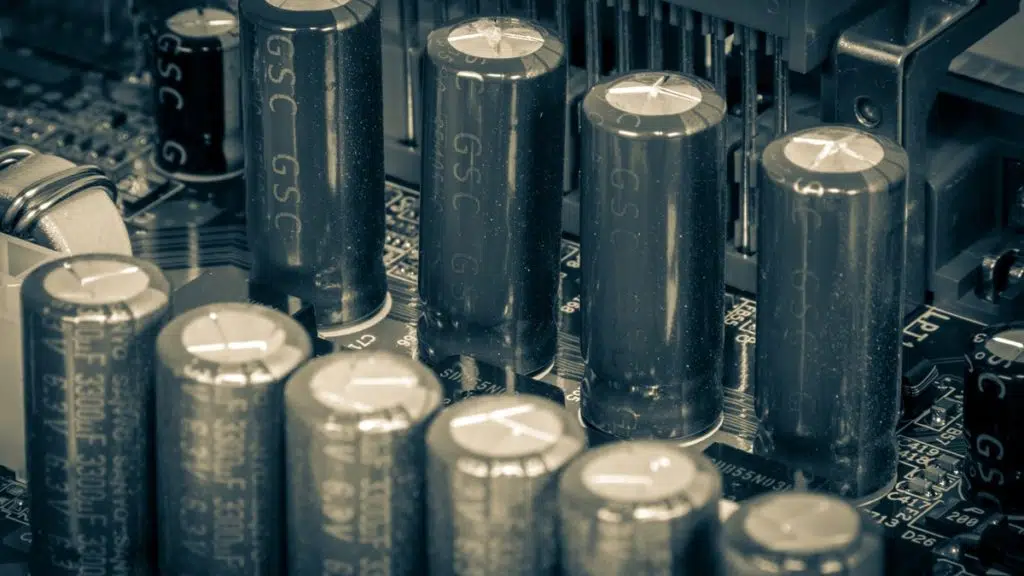
There’s a new type of shortage as the effects of the pandemic on the global supply chain rage on. Following major components such as semiconductors, silicon, and plastics, there is now an aluminum capacitor shortage. These passive components are found in nearly all electronic devices—from motherboards and power supplies to graphics cards, there is bound to be some on a PCB.
Factories in Malaysia locked down recently, and many are not back to full production. Two that are Japan-based, Chemi-Con and Nichicon, and another called Rubycon in Indonesia, closed in July and August. They represent over half of the world’s aluminum capacitor production. Only about 60 percent of their workforce has returned following the lockdown, causing orders to shift to suppliers in Taiwan and China and lead times growing to three to six months. Suppliers in those regions have reported over 50 percent revenue increases due to the new demands.
It is unknown whether these suppliers will be able to continue doing so in 2022. Should they face their own supply issues or lockdowns, they may cut off overseas orders. This happened with some Solar Wafer manufacturers earlier this month. In an effort to prevent shortages, some companies are buying up equipment used for aluminum foil processing, but there are concerns over carbon emissions. This volume of production produces large amounts of pollutant.
Aluminum capacitors used in 5G, work-from-home electronics, electric vehicles (EV), and renewable energy tech are increasingly in demand, whereas top suppliers of aluminum capacitor have undergone facility shutdown and capacity reduction in the past few months.
Source: DigiTimes (via TechPowerUp)
